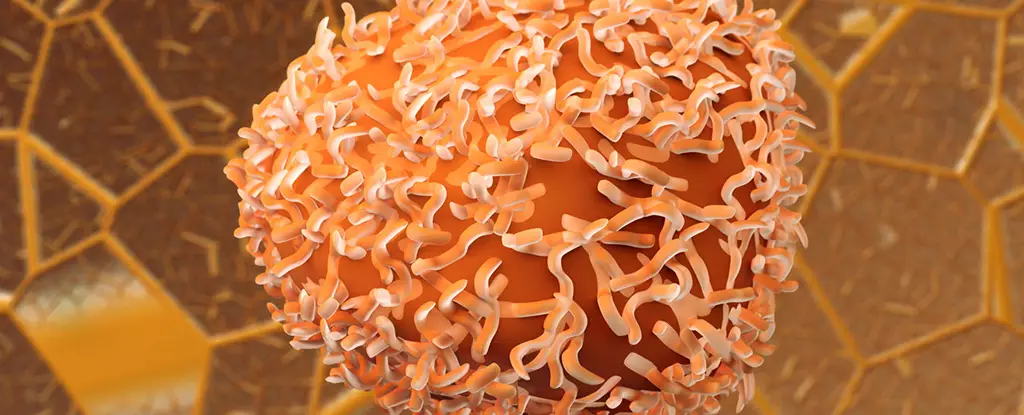In a groundbreaking analysis conducted by researchers in the United States, it has been suggested that a drug commonly used in the treatment of type 2 diabetes may have the potential to protect against colorectal cancer (CRC). This drug belongs to a class of medications known as glucagon-like peptide-1 receptor agonists (GLP-1 RAs), which have been widely recognized for their effectiveness in promoting weight loss and reducing the risk of cardiovascular problems. The study’s findings are expected to pave the way for further research and clinical trials to explore and validate the protective effects of GLP-1 RAs against CRC.
Uncovering the Data
The researchers, led by medical research scientist Nathan Berger from the Case Western Reserve University School of Medicine, delved into a comprehensive dataset that included information on over 1 million patients from a national US health record database. By identifying patients with type 2 diabetes who had received different treatments for the condition, the team aimed to understand the impact of GLP-1 RAs on CRC development compared to other anti-diabetic drugs such as metformin and insulin.
Upon analyzing the collected data, the researchers made significant observations regarding the usage of GLP-1 RAs and its association with CRC cases. Among the 22,572 patients with type 2 diabetes who had been treated with insulin, a total of 167 cases of CRC were recorded. In stark contrast, among the same number of patients treated with GLP-1 RAs, only 94 cases of CRC were observed, indicating a substantial 44 percent reduction in CRC occurrence.
Furthermore, the study examined two groups of 18,518 matched patients with type 2 diabetes treated with either metformin or GLP-1 RAs. In the metformin group, there were 153 cases of CRC, whereas the GLP-1 RA group recorded only 96 cases. Although this represents a 37 percent reduction in CRC cases, the researchers took additional factors into account, such as the duration of monitoring, resulting in a 25 percent reduction.
To gain a deeper understanding of the potential benefits of GLP-1 RAs, the researchers specifically analyzed subgroups of patients who were overweight or obese. In these cohorts, GLP-1 RAs were associated with a 50 percent reduction in CRC cases when compared to insulin treatment and a remarkable 58 percent reduction when compared to metformin treatment.
While the study’s findings do not unequivocally prove that GLP-1 RAs are directly responsible for the protection against CRC, they undeniably warrant further investigation through rigorous research and clinical trials. By closely examining the mechanism by which GLP-1 RAs may impede the development of CRC, scientists can shed light on the potential therapeutic value of these drugs.
A Need for Improvement
Considering that obesity rates continue to rise while colorectal cancer remains a leading cause of cancer-related deaths in the United States, these findings hold significant promise for improving treatment outcomes. With approximately 52,550 deaths attributed to CRC each year, advancements in therapy are met with great enthusiasm.
Rong Xu, a biomedical informatician from the Case Western Reserve University School of Medicine, amplifies the significance of the study’s results as they suggest a groundbreaking potential for GLP-1 RAs as a weight-loss and anti-diabetic drug class. This novel indication could potentially revolutionize the treatment landscape of CRC compared to existing anti-diabetic agents.
The analysis conducted by researchers highlights the possibility of utilizing drugs from the GLP-1 RA class, commonly administered to patients with type 2 diabetes, to protect against colorectal cancer. The notable reduction in CRC cases observed among patients treated with GLP-1 RAs has laid the foundation for further exploration and the design of clinical trials. The potential benefits of these drugs in combating CRC will undoubtedly generate considerable interest, considering the ongoing struggle with obesity and the high mortality rate associated with colorectal cancer. As the medical community delves deeper into this exciting prospect, the promise of improved therapies brings hope to patients and medical professionals alike.



Leave a Reply